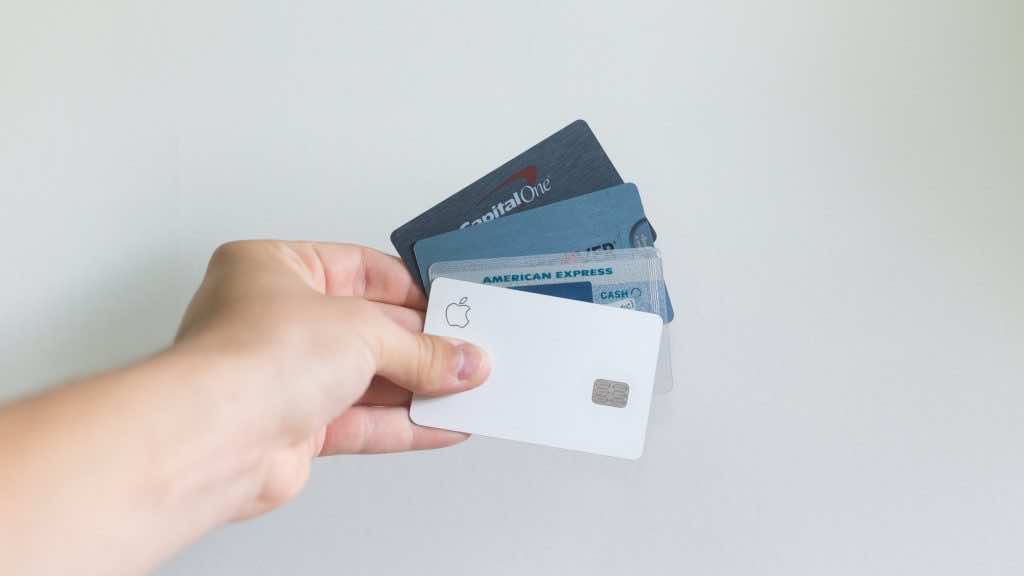Your tax preparation is complete, and now you’re getting ready to figure out your payment plan. If you’re thinking of using your credit card to pay taxes, though, be sure you understand the pros and cons. These details can help you make the right decision when you owe money to the IRS.
About Using a Credit Card to Pay Taxes
While most people consider a credit card to be their go-to method of payment, it isn’t necessarily the right choice for paying your taxes. It might help limit some hassle, but it could also cost you more in the long run. Before you enter that credit card number to cover your bill, review these quick facts.
1. Processing Fee
Making payments with a credit card always comes with certain fees. A lot of professional services will add that processing fee to their clients’ invoices, but since most retailers and restaurants cover that cost, it’s easy for people to forget that using credit cards comes with a price. The amount is calculated from a certain percentage of around 3%. That total cost then gets split between that company or organization’s bank, the credit card processor, as well as your own bank.
Since the IRS entity isn’t a store or “merchant,” they won’t pay that fee. It’s not all that different from other businesses that apply a convenience fee, yet it’s still important to keep in mind when thinking of your overall tax bill. That might mean you need to pay a $2.99 processing fee to pay your $150 tax bill by credit card. Or you may owe closer to $20 if your tax owed is around $1,000. If you’re comfortable paying that fee, then getting out your credit card might be the right decision.
2. Credit Card Rewards
To be fair, another benefit of paying tax with your credit card is that you could add a few rewards points to your credit card account. Assuming you have those types of incentives in place, it might make sense to go ahead and pay your bill that way as an easy way to increase your benefits.
3. Possible Setbacks
With all of that, it’s important to remember that you could be facing some credit card fees if you don’t actually pay off your card from month to month.
You might still decide to pay your tax bill by credit card. But if you know ahead of time that you’re planning to carry that balance over each month for a little while, then what you’re actually doing is taking out a loan from your credit card company.
There’s also the option to set up an installment agreement for certain taxpayers. You would have a setup fee at first, but the government’s monthly interest charge is usually much lower than what you would owe on your credit card. The main point here is to figure out your payment plan as soon as possible so you don’t add penalties to your taxes as well. Again, if we can help you figure out the best course forward, don’t hesitate to contact NSO and Company at (317) 588-3131. We’re always happy to answer your questions!

